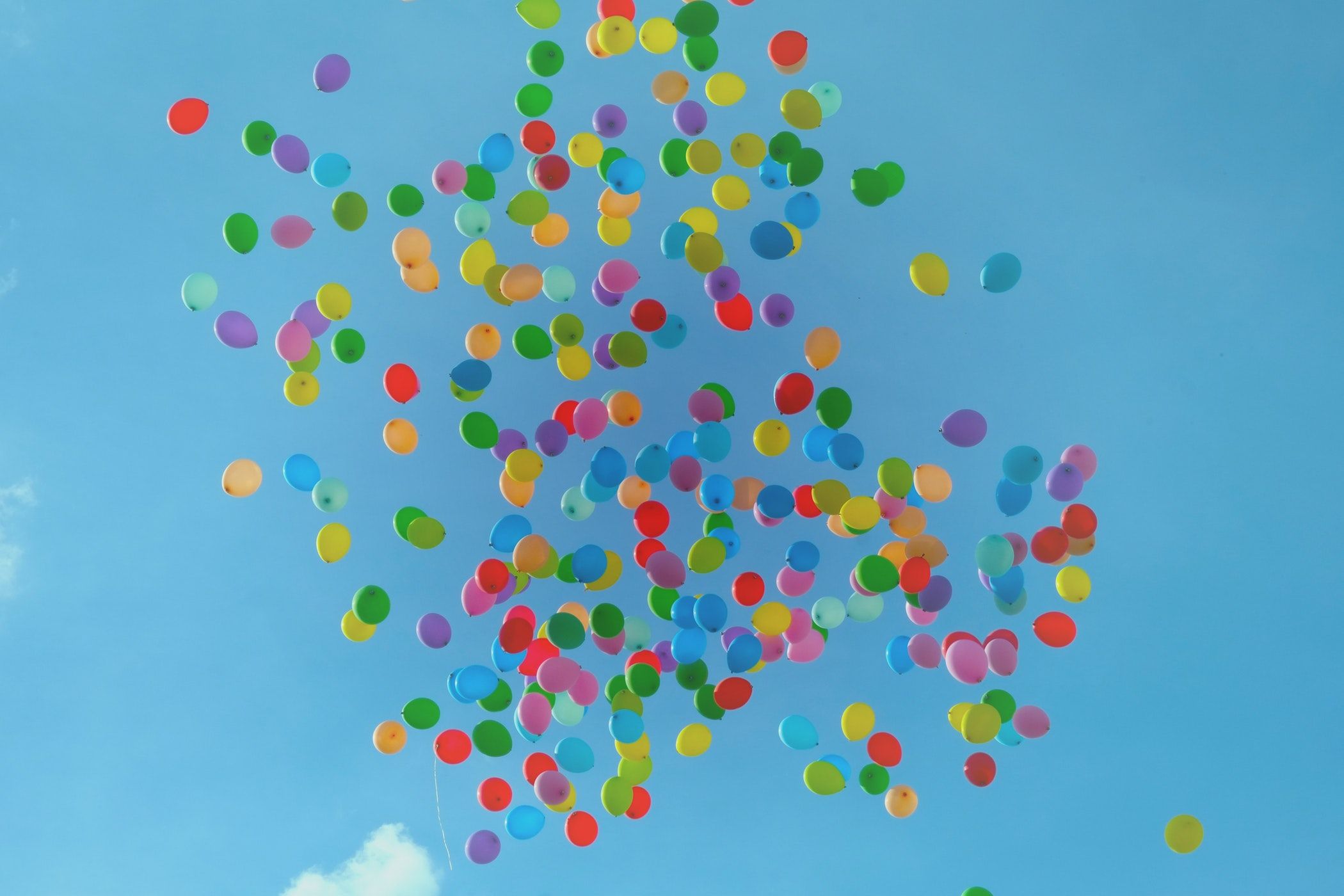Great reads for LGBTUA+ history month
As LGBTUA+ History Month comes to an end, it is important to remember that there are things we can do all year round to give visibility to the community. Part of this encompasses making an effort to read LGBTUA+ literature. I have chosen some of my favourite books and plays by LGBTUA+ authors which explore issues and representations of the LGBTUA+ community all around the world. There is so much to be learnt about the community from reading international LGBTUA+ literature, emphasising the importance of representation.
Fingersmith, Sarah Walters
If you ever find yourself reading Victorian Literature and wishing it wasn’t so compulsively heteronormative, then this is the novel for you. Sue and Mr. Rivers plot to steal rich orphan Maud’s inheritance by sending Sue to be her maid, then disposing of Maud in a mental institution and splitting her money. In a turn of events Sue and Maud fall in love, exploring each other’s physical desires with potential betrayal looming over caress. This novel inspired the critically acclaimed 2016 film The Handmaiden, and both are LGBTUA+ representations well worth delving in to.
The Story of the Night, Colm Tóibín:
Set in Argentina during the Falklands War, a troubling political environment is encapsulated by the tone of this novel. Our protagonist Richard explores homosexuality in a homophobic society amidst the AIDs crisis, emphasising the importance of education on safe sex. From casual sex to long term relationships, Tóibín explores the limited possibilities for open homosexuality and the laws in place which persecute any form of homosexual relationships. More than simply an AIDs novel, this is a story of love, loss and embracing your sexuality.
De Profundis, Oscar Wilde:
No list of LGBTUA+ literature is complete without Oscar Wilde. De Profundis is an emotive letter Wilde wrote while imprisoned for his sexuality. He addresses this letter to his lover Alfred Douglas, discussing their relationship, his hurt in prison and ultimately his forgiveness for everything that happened. A raw discussion of sexual oppression, this piece might make you (like me) end up crying in the library.
The Argonauts, Maggie Nelson:
Exploring the nuances of gender and sexuality, Nelson presents a lesbian relationship and a discourse on being agender, while also being critically engaged with psychoanalysis. The narrator’s lover Harry identifies as “a butch on Testosterone” breaking away from the gender binary and depicting the complexities of LGBTUA+ relationships. In a stream of consciousness style, this novel explores their relationship through conforming to marriage and having children whilst simultaneously criticising the hegemonic compulsive heterosexuality the narrator sees around her. This novel will have you questioning everything as a heteronormative signifier- from toilet door signs to pregnancy, be prepared to see a new perspective on the way gender is ingrained in society.
The Boyfriend, R. Raj Rao:
Warwick alumni Rao posits an exploration of homosexuality in India. Yudi picks up Milind in a public toilet and the two men begin their whirlwind romance. This novel explores a homosexual relationship where homosexuality is illegal, emphasised by the elements of bribery and homophobic abuse that the novel picks up on. Class and politics play a large role in Yudi and Milind’s relationship, but homosexual love is said to render Yudi casteless. From weddings to loss, it is refreshing to read a novel depicting the LGBTUA+ experience outside of Europe/ America.
Bent, Martin Sherman:
Stepping away from the novel form, Bent is a play exploring homosexuality during the holocaust. Lovely to read as a play or watch as the counterpart film which is very true to the text, Bent gives a voice to the homosexual victims of the holocaust who are often forgotten by history. Max and Rudy, a gay couple living together in Berlin, attempt to flee in the wake of homosexual persecution in Nazi Germany, but end up being captured and taken to a concentration camp. This play depicts the hierarchy of prisoners in concentration camps and a beautiful love in a time of horror. Max and Rudy are a powerful and honest depiction of a romantic couple. This emotive play gives a much needed voice to the LGBTUA+ community persecuted during Nazi Germany, who even once the concentration camps were closed could still be prosecuted for their sexuality.

Comments